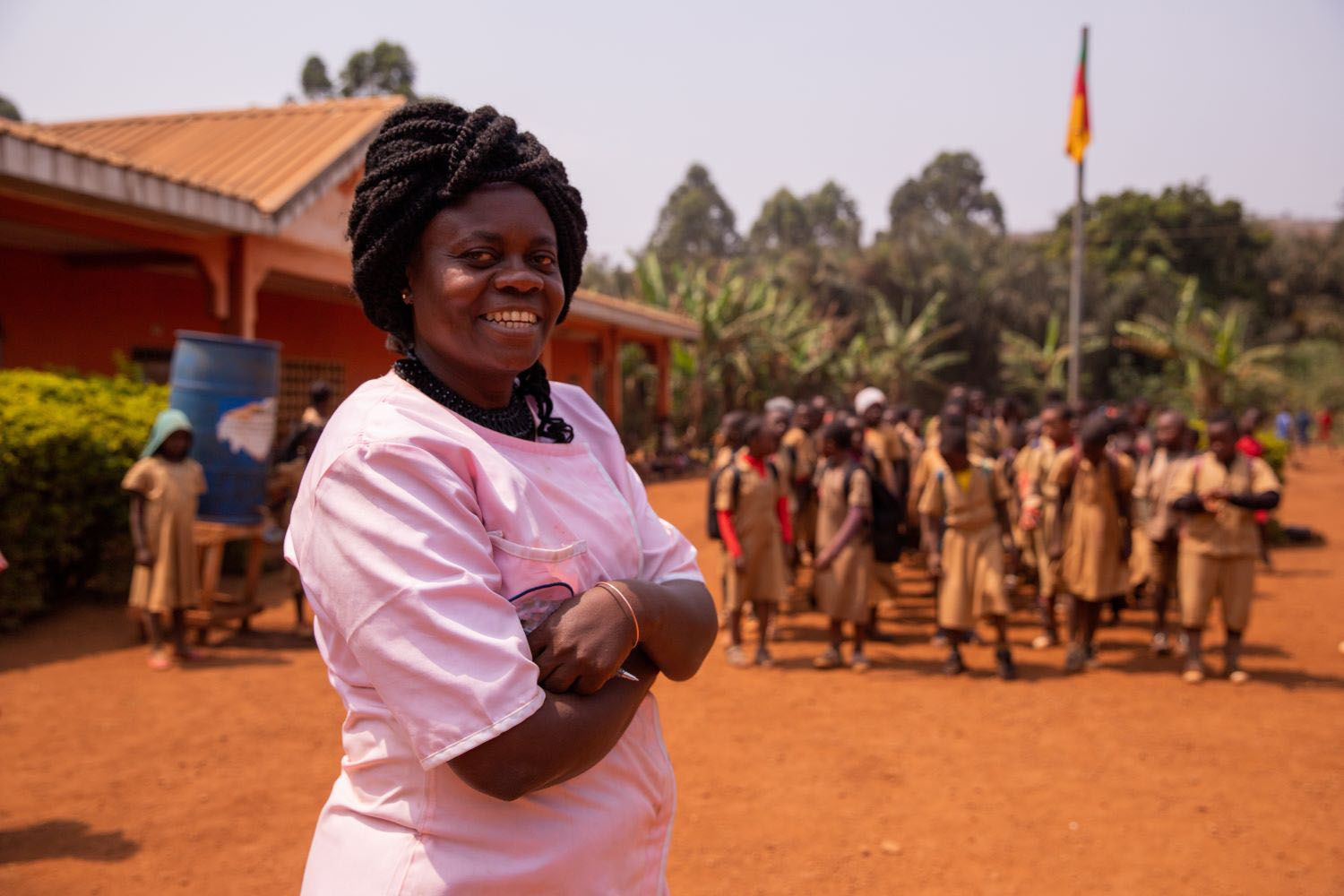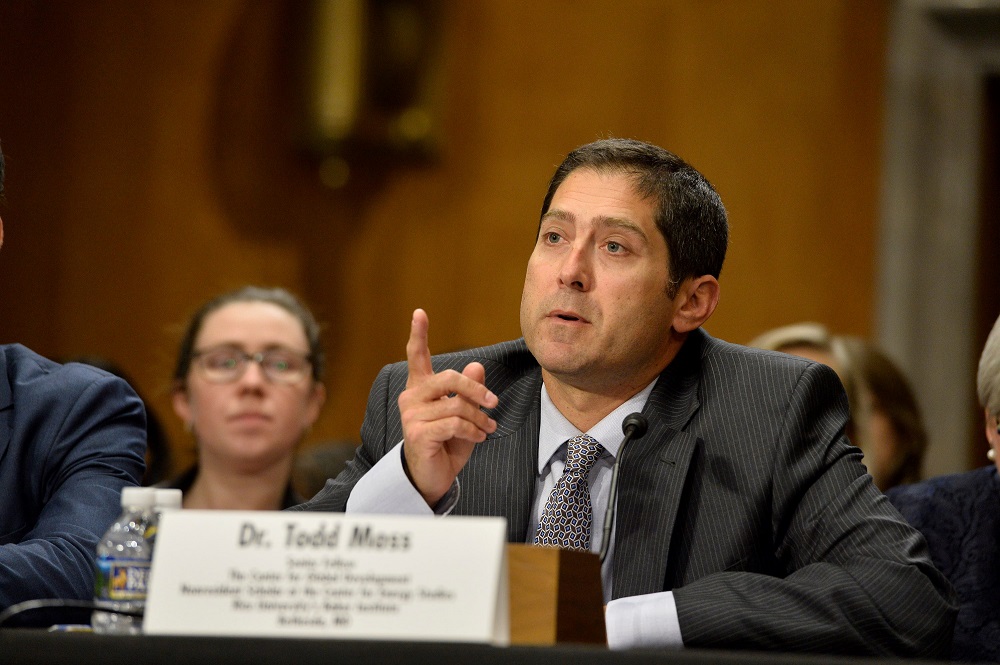The results are in, and they are a doozy. The Senate flipping to Republican control turns attention to whether the new Congress will send common sense legislation for President Obama’s signature. Domestic policy issues like Obamacare or tax reform clearly will dominate Congress’ agenda, yet development and foreign policy champions will be assuming (or retaining) key leadership positions. Many have been thinking long and hard about ways to push America’s agenda abroad. Now’s their chance. Here are six no-cost or low-cost ideas where the next GOP-led Congress could make important progress over the next two years in advancing US development, foreign policy, and commercial priorities.
Related Content
- Energize/Electrify Africa Act: The Senate could pass the Energize Africa Act, which was introduced by Senators Corker (R-TN) and Menendez (D-NJ) this past June, during the lame duck session. The House of Representatives has already acted and the Senate bill currently has 21 bipartisan co-sponsors. This bill is thoughtful, comprehensive, and would boost US efforts to promote electricity access for the 600 million Africans currently living without it. Plus, it would support higher growth and better economic opportunities throughout the region. Congressional action is essential for locking in President Obama’s Power Africa Initiative beyond 2016. If action doesn’t happen this year, then the new GOP-led Congress could introduce legislation modeled on the existing bills.
Price Tag = Net savings of $86 million over five years
- Bilateral Investment Treaties: The Senate Foreign Relations Committee could press for more investment promotion agreements with developing countries. BITs are an under-utilized policy tool, which provide US investors with core protections against political risk and uncertain business environments. The Obama Administration spent several years overhauling its model treaty, but has not negotiated a single agreement while in office. More US BITs will also level the playing field with Chinese and European companies, who already benefit from broad investment protections across the globe.
Price Tag = No budgetary cost beyond existing salaries/travel for US negotiators
- Top-to-Bottom Foreign Assistance Review: The US Congress could push for a top-to-bottom review of US bilateral and multilateral aid programs. This is a long-overdue effort that would identify where US taxpayer money is aligned with core priorities and delivers strong development results. It’s also an opportunity to shift resources from under-performing programs to higher impact ones, and deepen transparency and evaluation practices. While the review could take several forms, the US should learn from similar efforts by the UK and Australia. My colleagues Scott Morris and Todd Moss have proposed several ideas concerning multilateral aid reviews that merit consideration (see here and here).
Price Tag = $0, plus higher impact as funding for under-performing programs are redirected to more effective and accountable activities
- Unleash OPIC: The US Congress could unleash the Overseas Private Investment Corporation (OPIC), which is the US government’s premier vehicle for promoting private sector-led development abroad. Through loans, guarantees, and insurance products for US investors, OPIC supports job creation and growth throughout the developing world. It also helps increase US commercial access in emerging markets and supports stability in fragile and frontline states. However, it remains severely constrained by outdated rules and insufficient staffing. Through a few modest tweaks, the US Congress could make OPIC even more effective and catalyze billions of dollars in private capital in support of US development and foreign policy objectives.
Price Tag = $0 if Congress gives OPIC the authority to retain a modest portion of its annual profits to offset higher administrative expenses, plus net savings over the medium-term
- OPIC Carbon Cap: The US Congress could pass a practical long-term compromise that would allow OPIC to invest in natural gas power projects in poor, low-emitting countries. The 2014 omnibus appropriations bill temporarily lifted OPIC’s greenhouse gas restriction, but the medium-term policy remains under debate. Based on our conservative estimates, taking smart policy action here could help provide roughly 60 million additional people in poor nations with access to modern electricity over time.
Price Tag = $0
- Tax Policy and Efficiency Abroad: The US Congress could increase support for targeted programs that improve tax administration and efficiency in developing countries. After years of strong growth, domestically mobilized resources now dwarf foreign aid in nearly all developing countries. At the same time, many nations have abysmally low tax collection rates and/or highly regressive tax regimes, such as Nigeria and Pakistan. Moving the needle even slightly would mobilize billions for infrastructure projects and position countries to assume greater responsibility for providing health and education services. When there is local political motivation, US Treasury and USAID programs can produce shockingly high returns. As such, this is arguably one of the highest returns on investment within the US development policy toolkit.
Price Tag = Very modest budgetary costs
Disclaimer
CGD blog posts reflect the views of the authors, drawing on prior research and experience in their areas of expertise. CGD is a nonpartisan, independent organization and does not take institutional positions.




